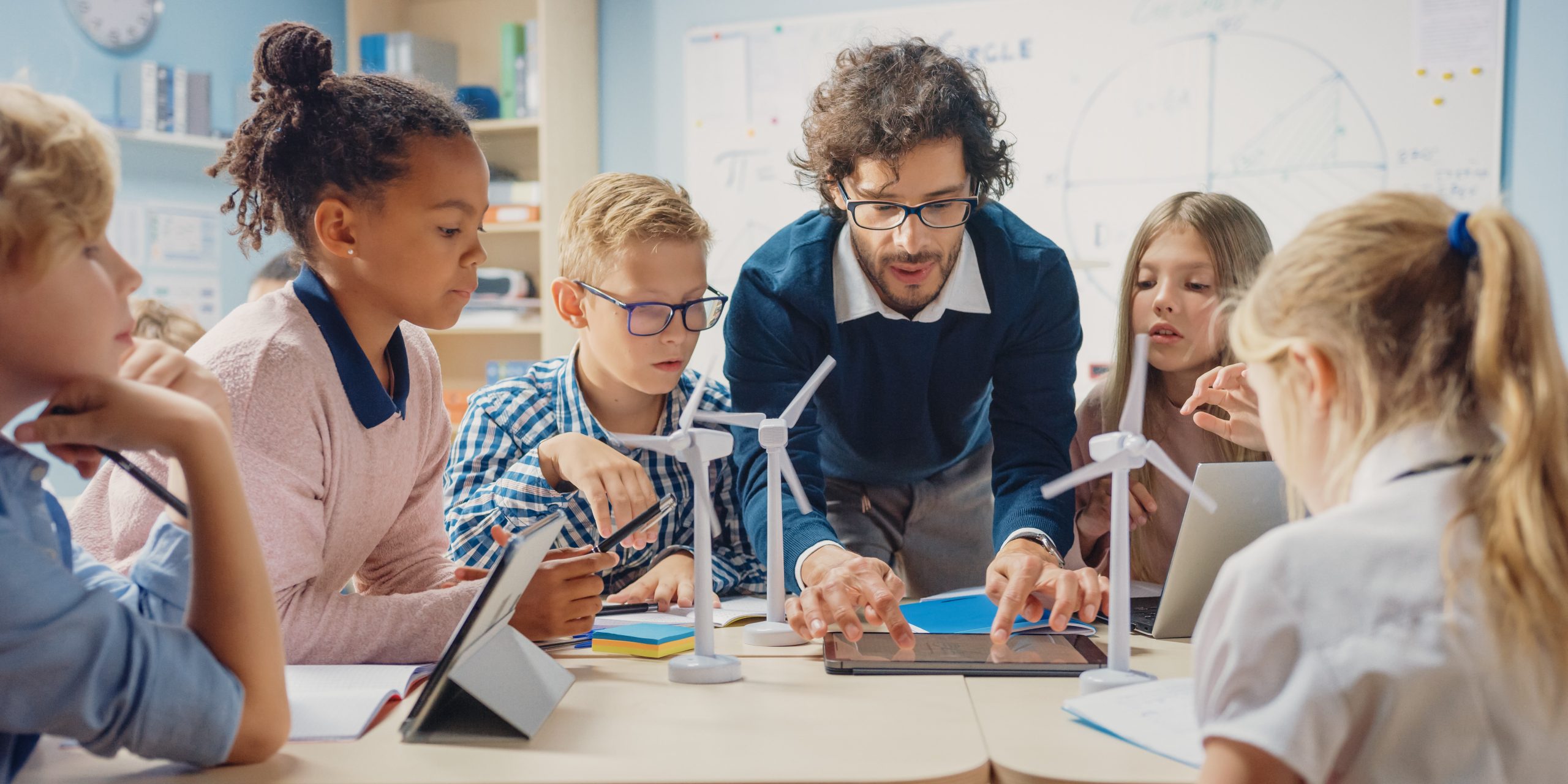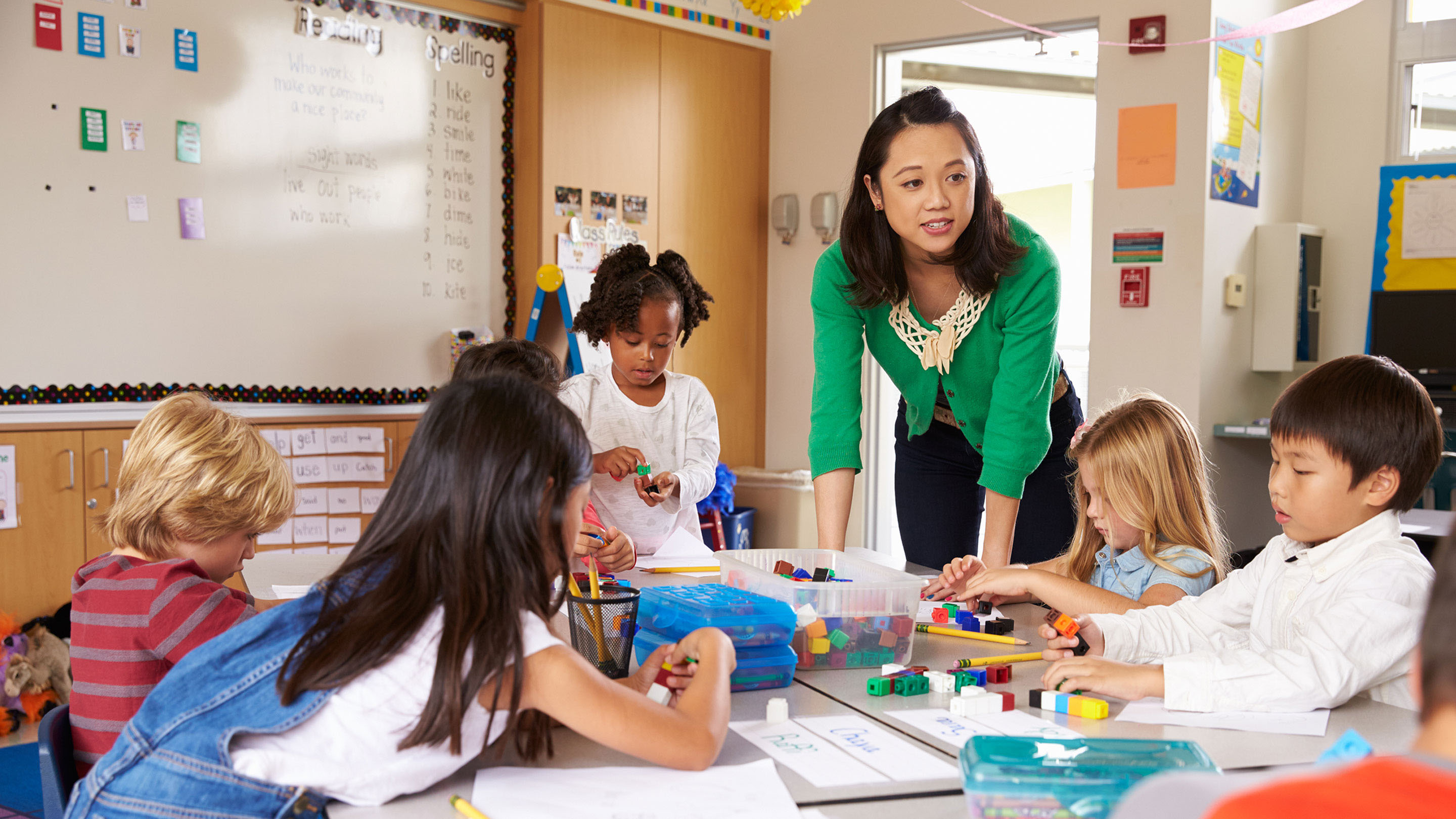Enroll in Primary Science Tuition Singapore for a Strong Science Foundation
Enroll in Primary Science Tuition Singapore for a Strong Science Foundation
Blog Article
Discover the Necessary Advantages of Understanding Primary Science for Young Students
The significance of key scientific research education for young learners extends much beyond simple understanding acquisition; it serves as a fundamental column in establishing important skills such as critical thinking, analytical, and imagination. Involving with clinical ideas with inquiry-based and interactive activities not just grows interest but also lays the foundation for resistant, confident learners.
Enhancing Essential Thinking Skills
Cultivating crucial assuming skills in young learners is important for their cognitive advancement and future academic success. Important reasoning allows youngsters to examine information, evaluate evidence, and make informed decisions, which are essential abilities in today's information-rich culture. By participating in clinical query, young learners can improve these abilities as they discover concepts with experimentation, thinking, and monitoring.
In primary science education, instructors can assist in vital thinking by urging trainees to ask questions, formulate theories, and perform experiments. This hands-on method permits children to practice analytical and develop rational reasoning abilities. For instance, when pupils investigate the residential or commercial properties of products or the concepts of movement, they find out to analyze their findings seriously and draw verdicts based on evidence.
Furthermore, conversations and joint projects can advertise essential reasoning by giving opportunities for students to express their thoughts, difficulty presumptions, and take into consideration varied perspectives. By developing a helpful atmosphere that values inquiry and reflection, instructors can nurture crucial believing abilities that empower young learners to end up being independent thinkers and long-lasting learners. Inevitably, enhancing these skills lays a durable foundation for their future academic endeavors and personal development.
Fostering Interest and Exploration

Primary scientific research education and learning supplies a structured atmosphere where young learners can check out different sensations through hands-on experiments and monitorings. By enabling them to connect with materials and participate in inquiry-based understanding, educators create chances for children to formulate theories, check their ideas, and reason. Such experiences nurture a feeling of marvel and excitement about science.

Structure Confidence in Problem Resolving
Building confidence in analytic is an essential component of primary scientific research education and learning that equips young learners to approach challenges with resilience and creative thinking - primary science tuition Singapore. They establish important skills in critical reasoning and analysis when youngsters are urged to engage with clinical principles with hands-on activities and inquiry-based understanding. This process not only improves their understanding of scientific principles however additionally fosters a feeling of ownership over their learning
To develop confidence, teachers ought to develop a helpful environment where you can try here errors are deemed chances for development helpful site instead of failings. This motivates pupils to take dangers and discover various remedies to problems. By offering scaffolding and advice, instructors can aid students browse intricate tasks, gradually boosting their independence in analytical scenarios.
Additionally, joint knowing experiences, such as team jobs or experiments, can additionally improve trainees' confidence as they discover to articulate their ideas and pay attention to others' viewpoints. These communications nurture social skills and reinforce the idea that analytic is commonly a cumulative undertaking. Inevitably, cultivating self-confidence in analytic prepares young students for future scholastic obstacles and furnishes them with the devices necessary for long-lasting understanding.
Encouraging Imagination and Technology
In the realm of main science education and learning, encouraging creative thinking and innovation is crucial for growing a vibrant understanding atmosphere. By fostering a society where young learners can check out ideas and experiment freely, educators aid trainees develop critical assuming skills and a passion for discovery. Creativity in science urges kids to ask inquiries, design theories, and engage in hands-on tasks that stimulate their creative imagination.
Integrating open-ended tasks and inquiry-based discovering into the educational program permits pupils to reveal their unique perspectives and services. When charged with solving a problem relevant to their environment, trainees can conceptualize multiple approaches, leading to innovative end results that showcase their originality. This not just deepens their understanding of scientific ideas but additionally imparts a feeling of ownership over their understanding process.
Furthermore, innovative scientific research education and learning supports cooperation among peers, as trainees commonly share concepts and improve each other's insights - primary science tuition Singapore. This collaborative spirit advertises not only innovation but likewise important social abilities. Hence, by focusing on creativity and technology in key scientific research education and learning, we empower young learners to believe seriously, embrace obstacles, and visualize opportunities, laying a solid structure for lifelong discovering and exploration
Preparing for Future Understanding Obstacles
Young learners' capacity to navigate future understanding challenges rests on a strong foundation in key science education and learning. This foundational understanding outfits pupils with vital assuming abilities and an organized strategy to problem-solving, crucial for tackling complicated problems in an ever-evolving globe. Primary science cultivates inquiry-based knowing, motivating pupils to ask inquiries, discover theories, and involve in hands-on experiments.
As they establish these abilities, learners become proficient at examining information, recognizing patterns, and attracting educated verdicts. Such expertises are vital my company not only in clinical areas but likewise in mathematics, innovation, and design (STEM), where interdisciplinary knowledge is increasingly critical.
In addition, key science education and learning cultivates a sense of inquisitiveness and durability in young learners, allowing them to watch obstacles as opportunities for development. As they encounter and conquer barriers in their clinical explorations, they develop self-confidence in their capability to adjust and introduce.
Ultimately, a solid structure in key science not only prepares young learners for scholastic quests but also furnishes them with the devices needed for lifelong learning and versatility in a rapidly transforming worldwide landscape. By buying primary scientific research education and learning, we are purchasing the future possibility of our students.
Conclusion
Recognizing key science is vital for young students, as it cultivates critical reasoning, curiosity, and creative thinking. Eventually, the benefits of primary science education and learning prepare youngsters for future scholastic searches and infuse long-lasting understanding routines crucial for growing in an ever-evolving globe.
The relevance of key science education and learning for young learners extends far beyond plain understanding purchase; it offers as a fundamental column in creating crucial abilities such as crucial thinking, problem-solving, and creative thinking. By producing a helpful setting that values inquiry and representation, teachers can support essential believing skills that empower young students to come to be independent thinkers and lifelong students. Therefore, by prioritizing imagination and development in main science education, we encourage young students to think seriously, accept challenges, and picture opportunities, laying a strong structure for long-lasting learning and exploration.
Young learners' capability to browse future learning obstacles pivots on a solid structure in main science education.Comprehending main science is important for young learners, as it fosters crucial thinking, inquisitiveness, and creative thinking.
Report this page